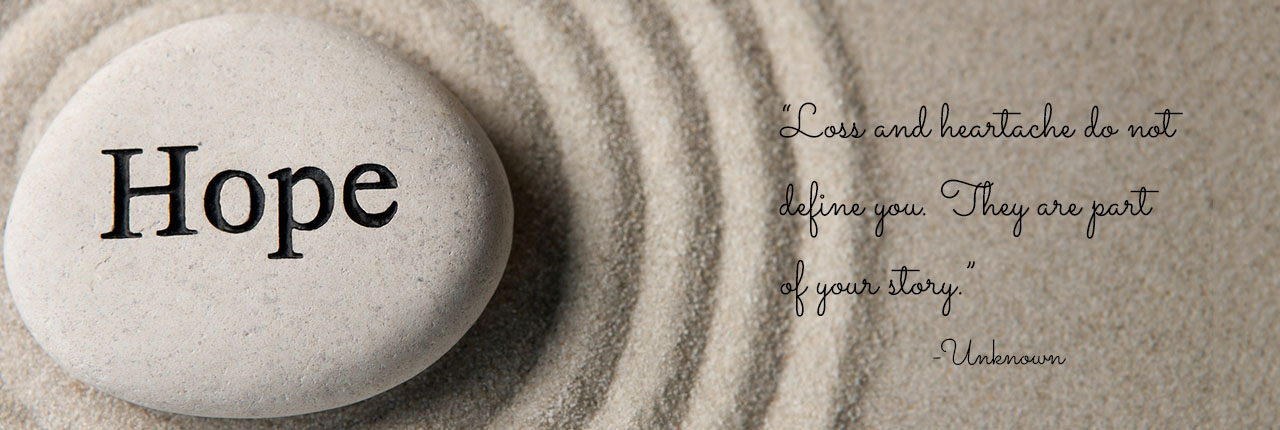
This group is an opportunity to join individuals who have lost someone they care about to suicide. Facilitated by a Mental Health Clinician and Peer Navigator who are experienced with both suicide bereavement and personal loss by suicide. Each week will cover a psychoeducational component of loss by suicide as well as an opportunity for the group to share their stories in a supportive environment.
The SAS Bereavement Group is a closed, eight-week group that runs once a week on Wednesday evenings from 6pm – 8pm. The next virtual group starts in Fall 2025.
If you are interested in participating, please contact us to register. We ask that you plan to attend all of the eight meetings as a commitment to the group. If you know that you have a scheduling conflict please discuss with the group facilitators.
Participation in a bereavement support group can be emotional and difficult and you may find that you would benefit from individual peer support or counselling. Please let us know if you have any questions about this when you register.
The group meets virtually using Ontario Telehealth Network (OTN) or Microsoft Teams, both of which are user friendly. Research has shown that support groups after suicide loss have many benefits and you may be surprised at how warm, welcoming and supportive a virtual group can be. The groups are small and private, so you will feel truly seen and heard.
A short intake conversation is required before registering. If you haven't had an intake conversation with a facilitator from Support After Suicide then please email us at sas@cmhaww.ca or call 1-844-264-2993 extension 7951.
For more detailed information about our groups and facilitators, and to determine if the Support After Suicide group feels like a good fit for you, please read our FAQs below.
Frequently Asked Questions
Please email sas@cmhaww.ca to register
